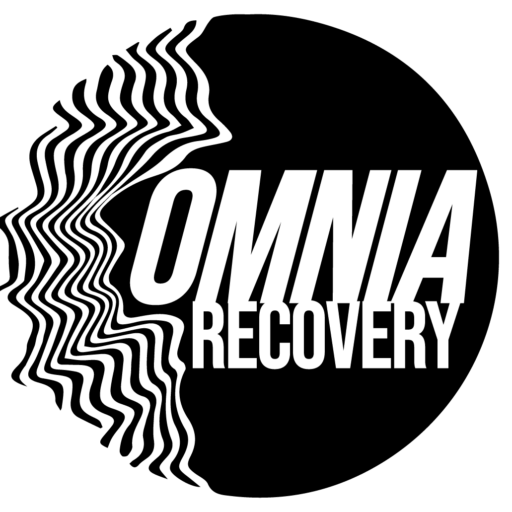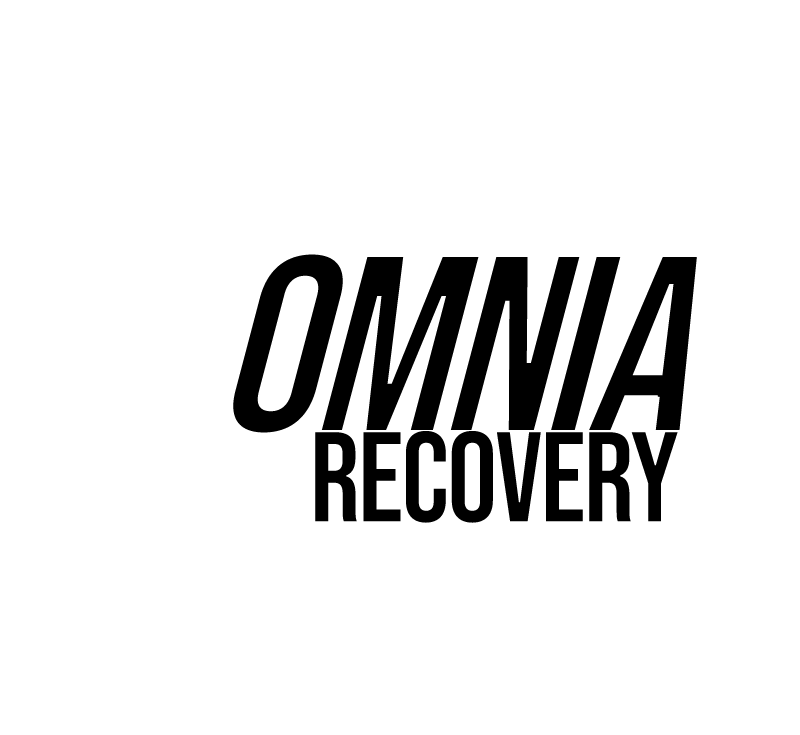Addiction can affect every part of your life. It can be challenging to get in touch with yourself and with others, but dealing with the impact that addiction has had on yourself in a treatment setting or during recovery takes considerable communication. You can build communication skills in recovery that improve your connection with others and with yourself to set yourself up for long-term success.
Why You Need Healthy Communication Skills in Recovery
When you reach out for help with substance abuse, your treatment will include several forms of individual and group therapy sessions. During those sessions, your ability to achieve lasting recovery hinges on your ability to communicate with:
- Your therapist
- Your medical team
- Others in treatment
- Your family
- Friends
- Coworkers
- Counselors
With good communication skills in recovery, you can discuss emotions with your therapist or with a family member, be open about your struggles, and make someone else in a support group feel heard.
Tips to Develop the Right Kind of Communication Skills in Recovery
Improving communication means being in touch with yourself and your emotions, communicating feelings or frustrations to others, listening to the people around you, and being open and honest. There are several tips you can employ to build and use the right kind of communication skills in recovery.
Overcoming Roadblocks
Communication can break down for several reasons. Substance abuse can create communication roadblocks. These roadblocks happen when:
- You don’t send a clear message
- When someone else doesn’t understand your message
- When you don’t understand what someone else is saying
- When someone else doesn’t understand what you are saying
You can overcome this with tips like the following:
- Use “I-statements” to send a clear message about your needs and your feelings. This is especially important with loved ones who want to be there to support you but might not always understand how you are feeling.
Listen Better
People struggling with substance abuse often struggle with co-occurring mental health disorders like anxiety or depression. These disorders can make it very difficult to get out of your head, which can impede your ability to effectively listen to other people.
Listening is difficult, and sometimes, people don’t know how to listen well because they get distracted by their own thoughts, and they cut people off. This can lead to frustration or the other person feeling insulted, because good communication is a relationship that goes both ways.
You can overcome this with tips like the following:
- Practice good listening habits. Catch yourself before you interrupt someone. If you are unable to talk to them at that moment, say so politely.
- Even if you disagree with what another person is saying, you can still listen to them. You don’t have to agree with someone to listen to them. You also don’t have to stop listening because you disagree, and you don’t have to turn the conversation into a debate. This can be very damaging in close personal relationships.
Taking Responsibility
Substance abuse can cause issues with all relationships, particularly those closest to you. Those damaged relationships may be able to be repaired. Taking responsibility for past behaviors associated with drug and alcohol abuse that may have caused damage is an important step in building good communication in recovery.
You can overcome this with tips like the following:
- Think about behaviors from the past that you want to change and list the relationships that may have suffered the most because of those behaviors. Consider ways that you are working to make amends and how you can continue moving forward in the future.
Build Communication Skills in Recovery with Omnia Recovery
Omnia Recovery has more than 35 years of experience helping people build healthy communication skills in recovery. Clients in our Ventura County outpatient rehab programs enjoy modern and experiential therapies to help them recover, such as volunteering, group outings, music therapy, and art therapy.
These group sessions offer chances to get in touch with your emotions, to open up to others in your group in new and more comfortable ways, and to build better relationships through better communication. We host weekly NA and AA meetings, too, where clients can enjoy additional support and chances to communicate their situation or feelings and help others with receptive communication skills.
During the NA and AA meetings, you have a chance to follow the 12 steps, particularly as they apply to maintaining supportive relationships, taking responsibility for the way you might have damaged relationships, and working to improve your communication so that you can repair the damage with those closest to you. If you are ready for treatment, reach out to our team today at 1-866-289-6096. Our Ventura County behavioral health clinic offers addiction treatment and mental health treatment. Contact us to take the first step in your recovery journey.




